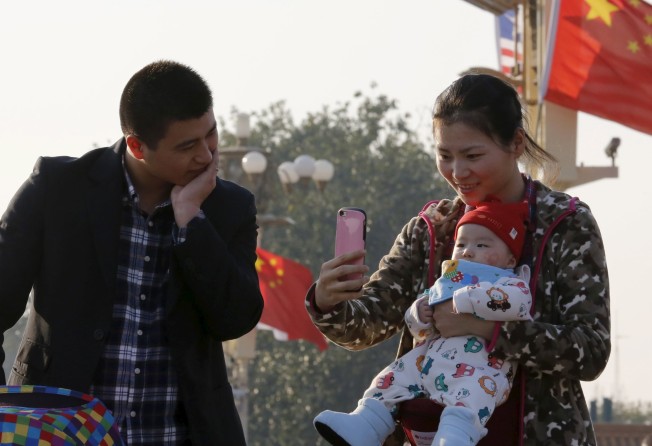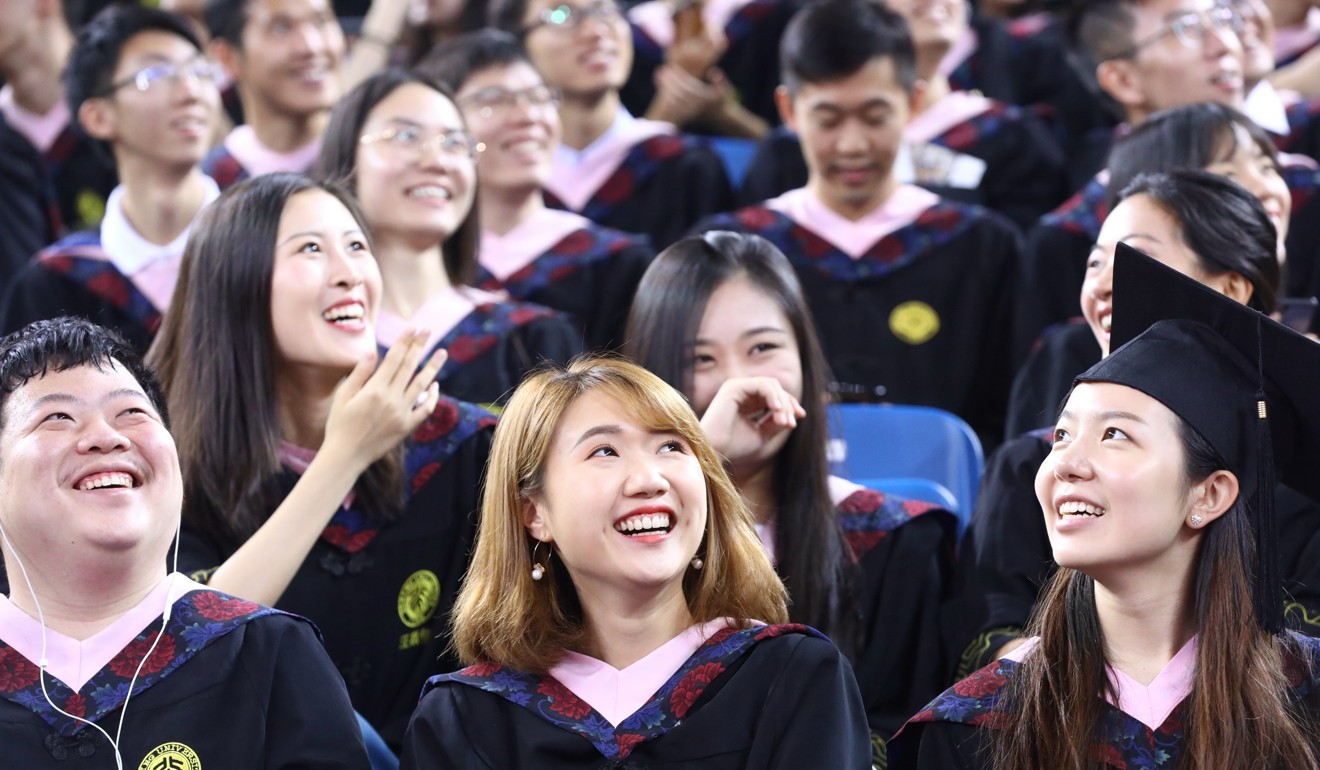China continues to drag its feet on road towards gender equality, but claims success in white-collar work
- Report finds that progress towards parity is slow and that China is not one of the countries closing the gap on work, health, education and politics

China’s progress towards gender equality has slowed this year and it remains the world’s most unbalanced country for sex ratio at birth, the 2018 Global Gender Gap report said.
The annual report, published by the World Economic Forum on Tuesday, measured gaps between women and men across four areas: economic participation and opportunity, educational attainment, health and survival, and political empowerment.
This year’s report, which found sex ratio at birth was 0.94 female to one male, said China ranked 103 out of 149 countries, slipping three places from 2017 when it was ranked 100 out of 144.
The South China Morning Post found that since 2010, when China placed 61st, its ranking has been steadily falling and this year marks the first time it has fallen out of the top 100.
The report found marginal improvement by China in the proportion of women in parliament, and that gender gaps had been closed in professional and technical roles and women’s tertiary education enrolment, boding well for women in white-collar jobs.
China’s ranking has been falling because other countries have been improving, according to Feng Yuan, co-founder of Equality, a Beijing-based NGO for women and gender.
She said China needed to put gender equality into practice.
“The government leaders talk about equality, but there are not many policies that exercise it,” she said. “For example, with the two-child policy, much of the load is still on the women. The government doesn’t have policies that help lessen the load of housework or childcare.”
Today, the Global Gender Gap score for parity between the sexes expressed as a percentage stands at 68 per cent. This means on average, there is still a 32 per cent parity gap between men and women to close.
Progress on the goal had been slow and the gap was only marginally smaller than last year, the report said.
But there was reason to be positive, it said. The report found that “for the second year in a row there have been more countries improving than going backwards. Out of the 144 covered both this year and last year, 89 countries have at least marginally closed their gender gap and 55 have regressed”.

The most gender-equal country remains Iceland, which has closed 86 per cent of its gender gap. It is followed by the Nordic countries of Norway, Sweden and Finland. Latin American, African and Asian countries also made the top 10, with Nicaragua ranking fifth, Rwanda sixth, Namibia 10th and the Philippines ranking eighth.
The United States – in 51st place – moves down two places compared to last year. It made improvements in economic opportunity and participation, especially with regards to wage equality for similar work, but slid backwards on education and made no change on political empowerment, the report said.
China’s gender gap in sex ratio at birth is rooted in a traditional preference for boys as well as in policies that encourage sex-selective abortions. China ended its one-child policy in 2015 and replaced it with a two-child policy. Some experts have called for the complete removal of population control policies as the country grapples with a rapidly ageing society.
Meanwhile, sexist attitudes and stereotypes still prevail in China. In November, Yu Minhong, dubbed the “godfather” of the country’s English education business, said at a public forum that “depraved” women led to the moral degeneration of society, and that if all a woman sees is money, then men cannot be inspired to do greater things. He later apologised for the remarks after he was heavily criticised online.